Antidote To Oblivion
Tuesday, 29 July 2014 - Reviewed by
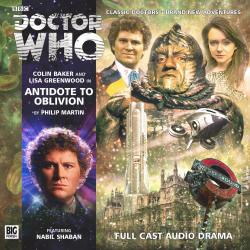
Antidote to Oblivion
Released by Big Finish
Written by Philip Martin
Directed by Nicholas Briggs
Released: Jan 2014
Ever masters of the art of subverting expectations, however, Big Finish deserve considerable credit for refusing to be intimidated by using some of the more controversial adversaries in the show’s extensive backlog. Shaban’s hyperactive, sickeningly corrupt ‘businessman’ (if such a term can be attributed without causing offense to those real-life individuals whose job title reads identically) is back in full force in Antidote to Oblivion, “whether you like it or not” (to paraphrase a similarly loathed line of dialogue from The Twin Dilemma), constantly conspiring to manipulate the residents of a far-future incarnation of the UK on behalf of his equally-seedy superiors at the Universal Monetary Fund. Regardless of whether one adores or bemoans the construct in question, the relish with which Shaban portrays him is completely evident throughout and if nothing else warrants more than a little admiration.
On the other hand, writer Philip Martin’s insistence on mirroring the aforementioned guest star’s fidelity towards his past work cannot be excused so easily. Try as it might to differentiate from what’s come before by emphasising the somewhat refreshing character dynamic between the Doctor (Baker) and his incumbent companion Flip Jackson (Lisa Greenwood) as well as placing Sil in a far more vulnerable position than we’ve arguably seen him so far, Antidote could very well go by the alternative name Best of Sil and, if anything, would probably have received further plaudits for paying homage to the character’s previous appearances so accurately. That’s clearly not Martin’s intention, though, as by including a semi-indoctrinated community of underground dwellers in the narrative, he seems to attempt a form of dystopian satire aimed at our race’s present overreliance on financial gain and related paperwork, only for the all-too-familiar structure, cliff-hangers and underdeveloped characters presented within it to rob the drama of any opportunity to be credibly scrutinized and interpreted on an academic basis.
For every thorn, of course, there remains a hidden-yet-certainly-present rose (yes, that’s a slightly altered idiom, but what’s the use of a good quote if you can’t change it?), and in this instance, despite the other Baker’s rendition of Gallifrey’s one-time lone survivor not always being held in the same lofty esteem as Tom’s or the rest, the penultimate regular classic incarnation earns himself plenty of justice. Gone is the hilariously self-ridiculing take on the character which Colin offered in last year’s monumentally successful 50th Anniversary mockumentary The Five(ish) Doctors Reboot, replaced by a far more passionate and consistent portrayal made possible by Martin’s accomplished distribution of worthy dialogue. Flip, meanwhile, mightn’t exactly rank up with Sarah-Jane Smith and Amy Pond as one of Doctor Who’s more beloved companions (though that’s through no fault of Greenwood’s own – quite to the contrary, it’s scriptwriters such as Martin who cruelly neglect to give the oft-forgettable character meaningful arcs), yet Greenwood’s actual performance is every bit as layered and engaging as her co-star’s work.
It’s ultimately the lack of ambition present in Antidote to Oblivion which overtly distinguishes it from superior Big Finish dramas such as (to name but a few recent examples) Starlight Robbery, U.N.I.T. Dominion and the exemplary Destiny of the Doctor range, an infuriatingly persistent shortcoming of late in the studio’s Doctor Who range which needs fixing as quickly as the twelfth Doctor needs to determine whether or not he can truly call himself a good man when the show returns to our screens next month. Whilst we’re all but guaranteed a resolution of some kind for the latter dilemma in Series Eight, that this flaw has restrained a number of storylines in the 2014 Who audio range offers us less cause for immediate confidence in the former department. Chances are that the studio are saving their piece de resistance for their impending multi-serial collection The Worlds of Doctor Who in October, yet given that their own 50th Anniversary Special – The Light at the End – was hardly flawless, not to mention that 2013 brought with it a commendable number of accomplished Big Finish dramas even before Light, the notion of remaining unperturbed by the increasingly diminishing returns-esque nature of their recent output is becoming ever more challenging as the months progress.
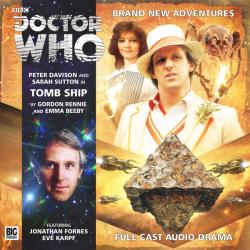
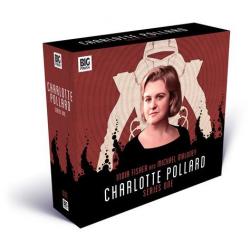
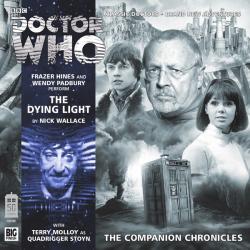
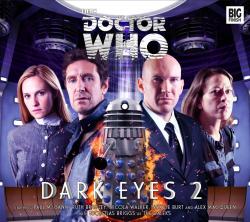
 The War To End All Wars
The War To End All Wars 





